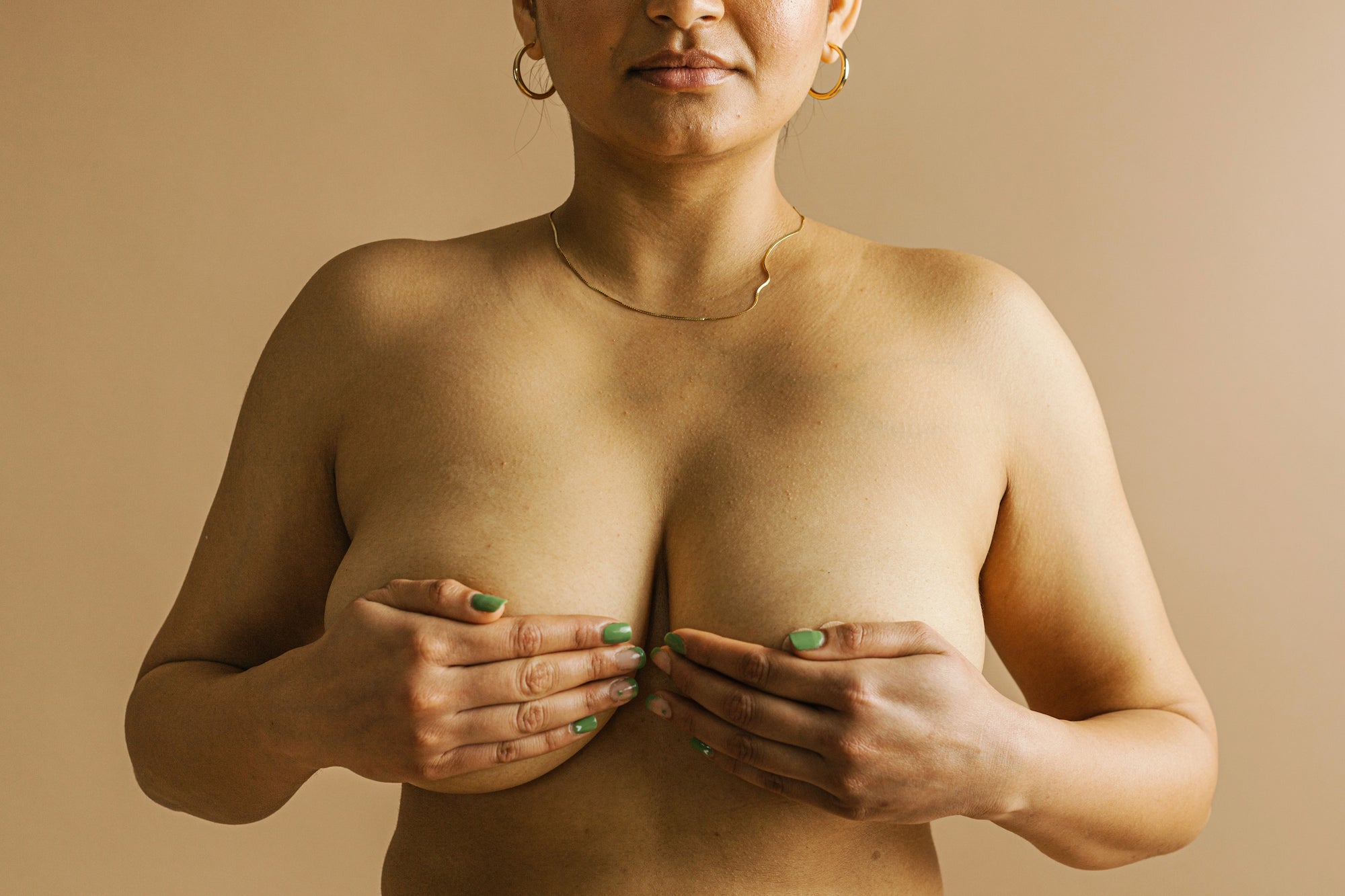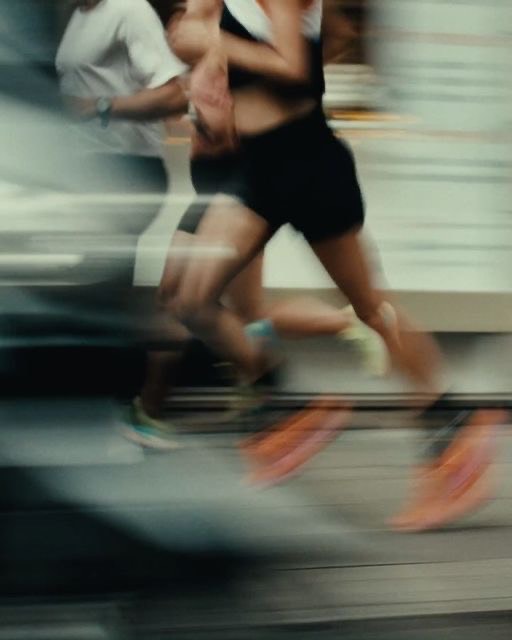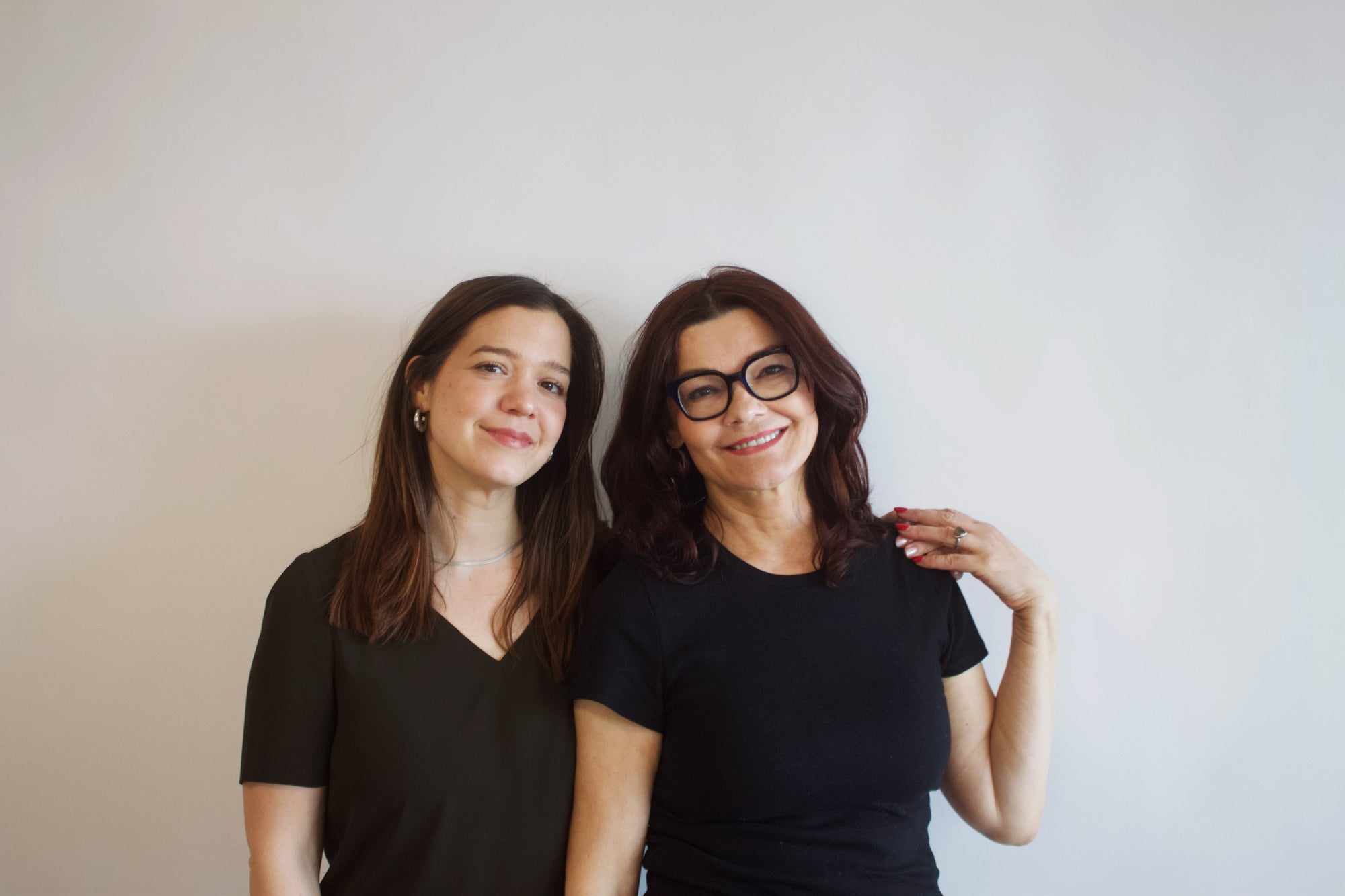Why should you touch your breasts?
We’re all on our own unique divine journey, and no part of your body understands that better than your breasts. But how well do you know your breasts?
Most of us don’t spend enough time touching our breasts. In fact, we often only have contact with them when we’re breastfeeding or as a sexual act. Our breasts are the gatekeepers of our hearts, they hold our thoughts and emotions and know our deepest feelings. Our breasts actually mirror what’s happening within us as a whole, and when we neglect ourselves emotionally, spiritually, and physically, those imbalances show up in our bodies, and most often in our breasts (1).
Knowing Your Breasts Means Knowing Your Body
Whether your breasts are the proudest part of you or the most insecure, they work hard to serve you. Pain that shows up in the breasts is often a sign there’s an imbalance somewhere else in the body (1). Your breasts are giving you a clear sign to slow down, recharge, and take time to massage and release the stagnant energy in your breast tissue.
Our bodies have all the mechanisms they need to heal, and it’s our job to support them as best we can to do so. Knowing what healthy breasts look like to you—your baseline—is the first step in advocating for your health. Touching our breasts allows us to deepen a connection with ourselves, getting familiar with our body so we can trust ourselves and stand firmly in our decisions.
Touching Your Breasts Is Relaxing
Have you ever caught yourself lounging on the couch with one hand cupping your breast? That’s because simply holding your breasts sends nerve signals to the brain, which trigger the release of oxytocin (2). Let’s call it boob cuddling.
Our chests hold a lot of stress and heavy feelings, and boob cuddling helps to settle that stress and let it go, releasing good hormones, positive emotions, and feelings of warmth and comfort (3). Relieving feelings of loneliness, just the tender cradle of your breasts can make you feel appreciated and offer-up feelings of unconditional self-love (1).
Reclaim Your Breasts and Your Health
Women especially tend to spend more time and effort caring for others than ourselves. You don’t have to go from never touching your breasts to massaging and cuddling them daily—be gentle with where you’re at. Building a relationship with your breasts and body takes time.
Nala’s Breast Oil is designed to be your tool for that relationship building. Made with specifically chosen ingredients to alleviate breast tenderness, reduce stretch marks, and improve skin texture, this oil serves as a vehicle to honor and care for one of the most miraculous parts of the human body.
When you give your body the support it needs to feel loved, heard, and acknowledged, it has the space to settle any imbalances. When you touch your breasts and show them love, they can support you in return.
Resources:
-
Poitras, Rachel. “Heal Your Breasts.” Metanoia Online Course, https://www.hermetanoia.com/heal-sign-up.
-
The Swaddle, and Rajvi Desai. “Why Does Holding Your Own Boobs Feel so Comforting?” The Swaddle, 3 Aug. 2020, https://theswaddle.com/why-does-holding-your-own-boobs-feel-so-comforting/.
-
Lardiere, Mia. “Here's Why Holding Your Own Boob Is the Best Thing Ever.” Cosmopolitan, Cosmopolitan, 1 Nov. 2021, https://www.cosmopolitan.com/health-fitness/a29444654/why-do-i-hold-my-own-boob/.


